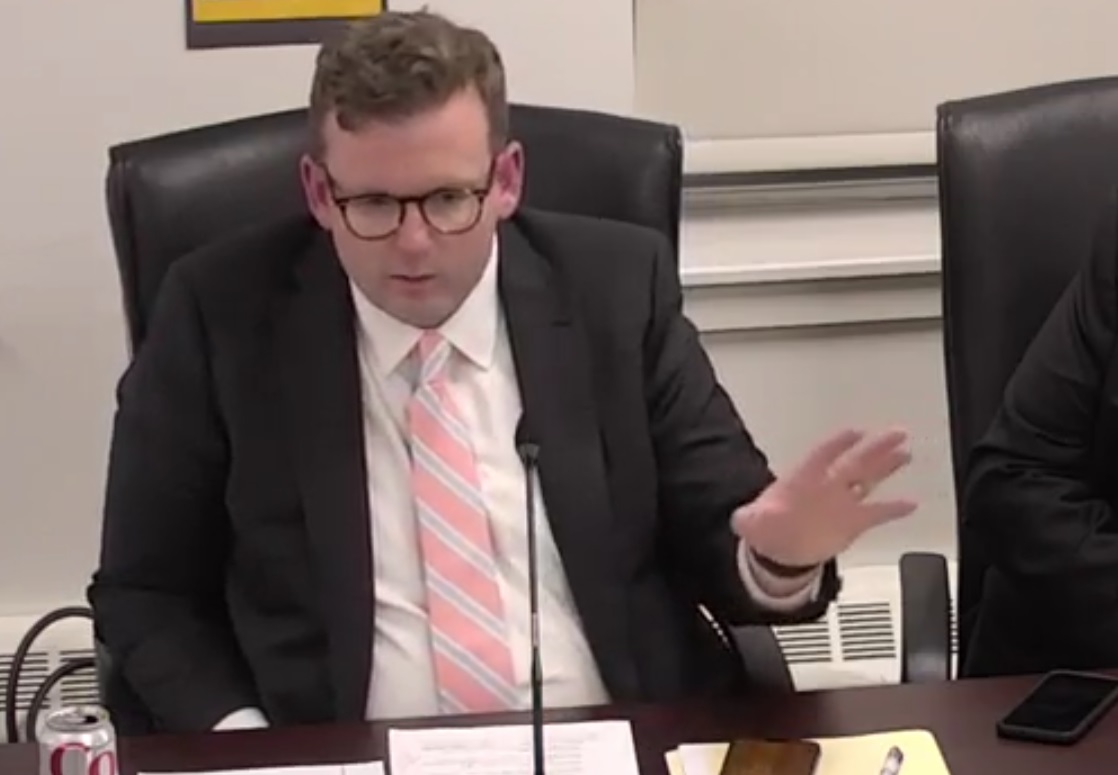Town Manager Andrew Flanagan told the select board Monday Andover would likely need to cut spending if it needs to close budget deficits projected for the fiscal year beginning July 1, 2027.
“Any town’s ability to increase revenues is actually quite limited,” Flanagan said. “In general, reduced expenses [are] more painful, but something that the town has more control of than increasing revenues.”
Since disclosing the potential deficits in December, officials have stressed the projections are preliminary and based on conservative estimates of the Town’s future spending and revenue. The current year’s budget, for example, was originally projected to carry an $11 million deficit.
“Generally [deficits] get better over time as you close in, and we’ve always been able to close the deficit,” Flanagan said. “And it’s not so much about projecting a deficit as it is identifying the pathways of closing it, and things can swing your way and the answers can come naturally.”
Flanagan said Andover has “little intervals of flexibility that a lot of towns can’t count on” stemming from the earlier decision to fully fund its pension liability. Funding the pension liability “frees up millions of dollars,” and the Town will also have wiggle room as it pays down debt between now and 2040.
Massachusetts law requires municipalities to present a balanced budget. If the current projections hold, the Town would need to raise taxes, cut spending, or both. The current projections are based on several assumptions and factors, including:
- New growth that mirrors the ten-year average.
- A conservative annual increase of 2 percent in state aid.
- Growth in operating budgets for the Town and Andover Public Schools.
- How the Town uses free cash.
- The impact of capital spending.
Flanagan also proposed forming a working group made up of members of the select board, school committee and finance committee to model different budget scenarios to avoid the deficits.

